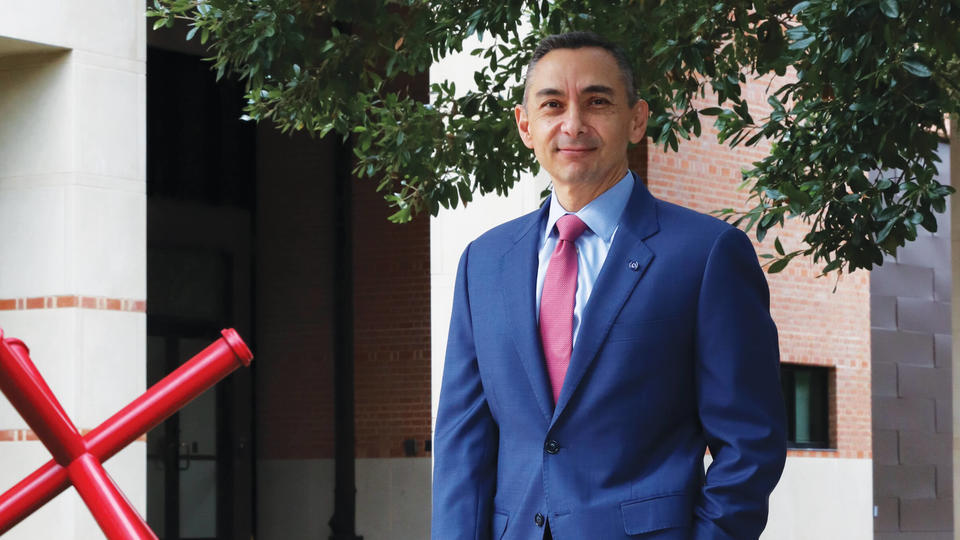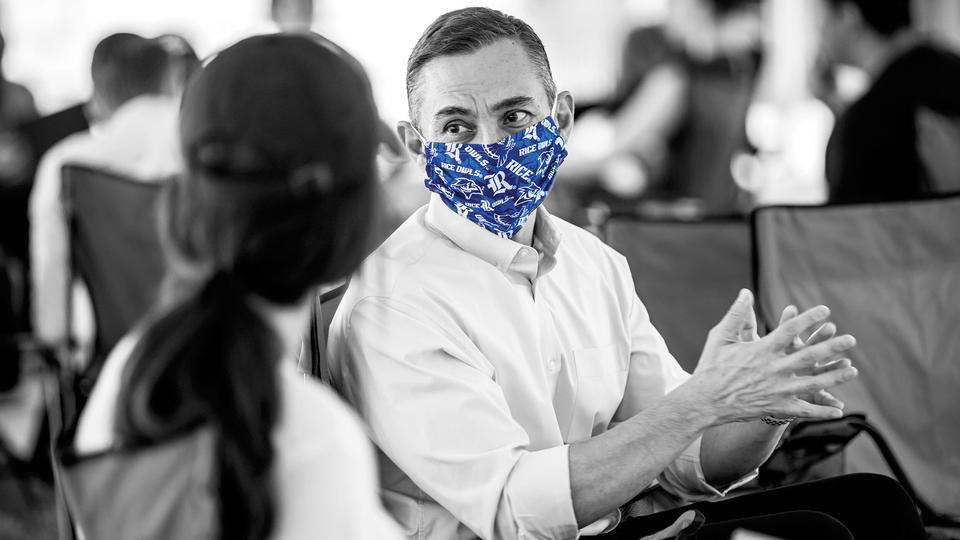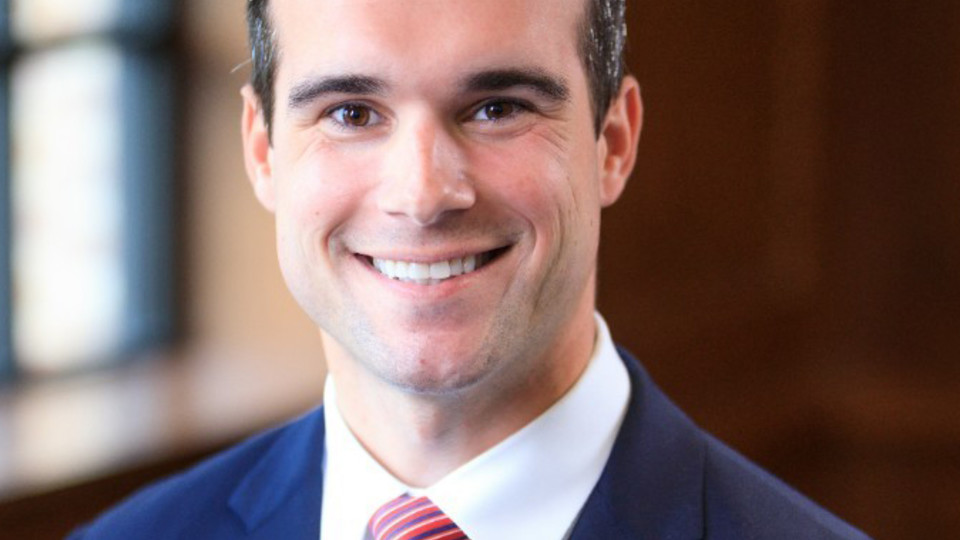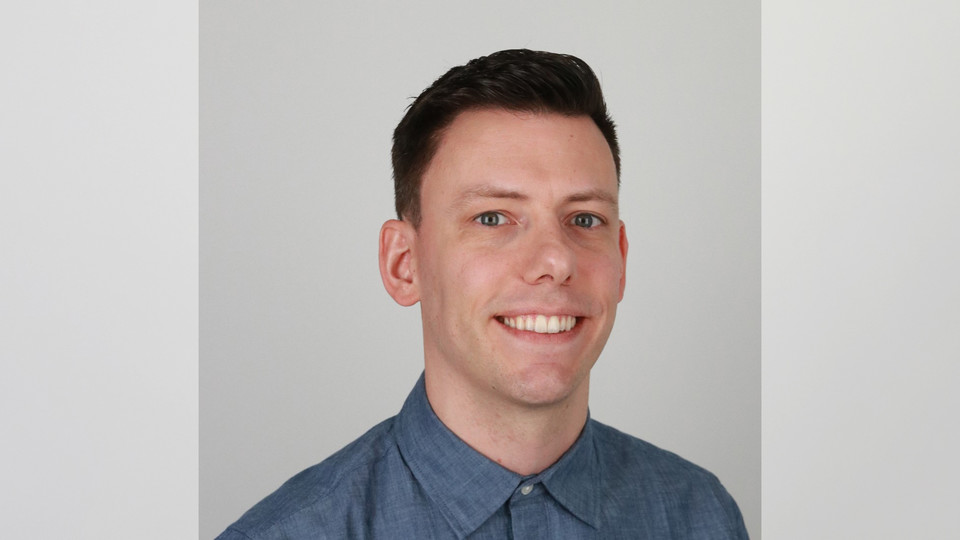Expanding Diversity, Equity and Inclusion at Rice Business
Professor Connie Porter is named senior associate dean of DEI.
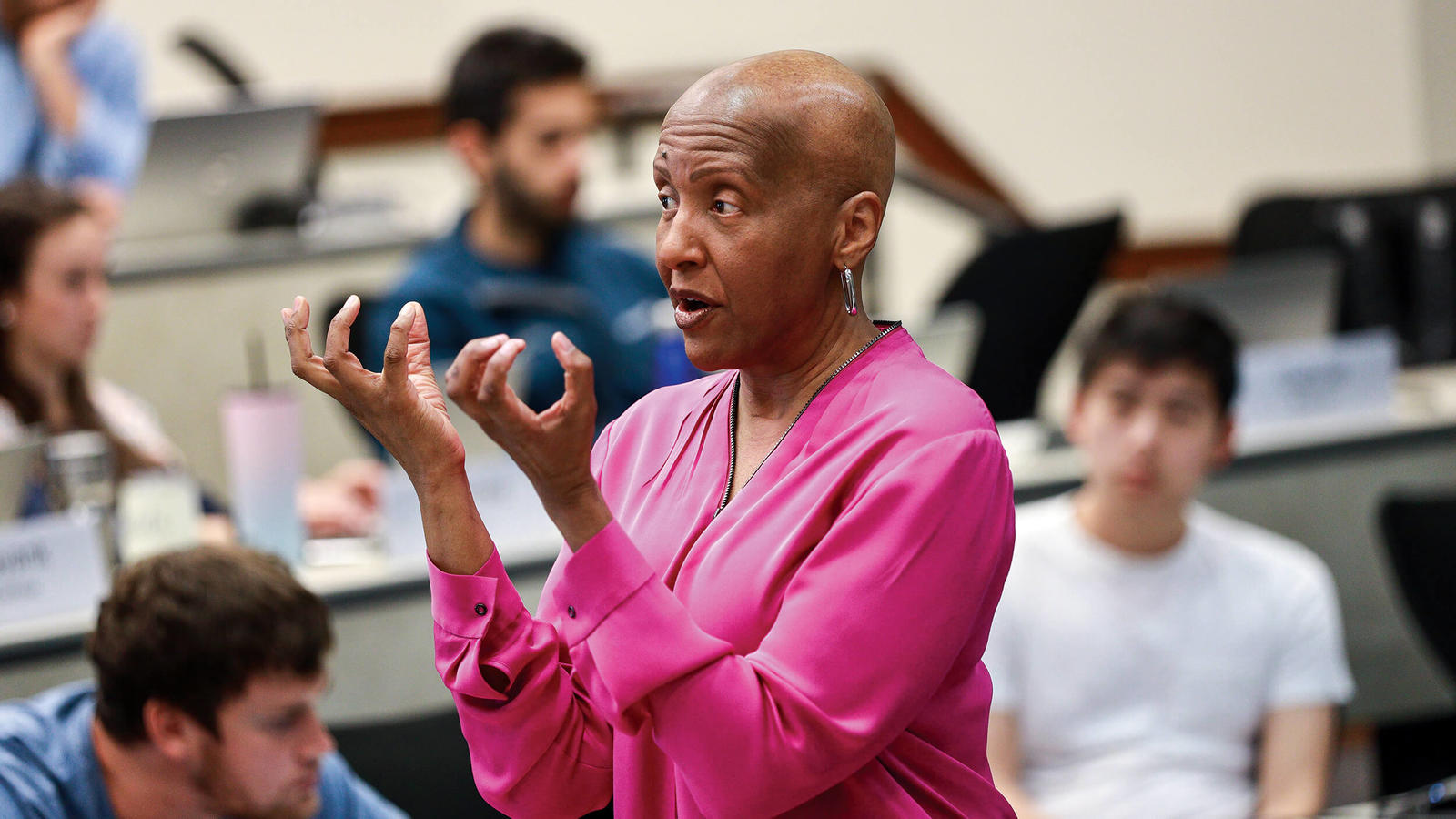
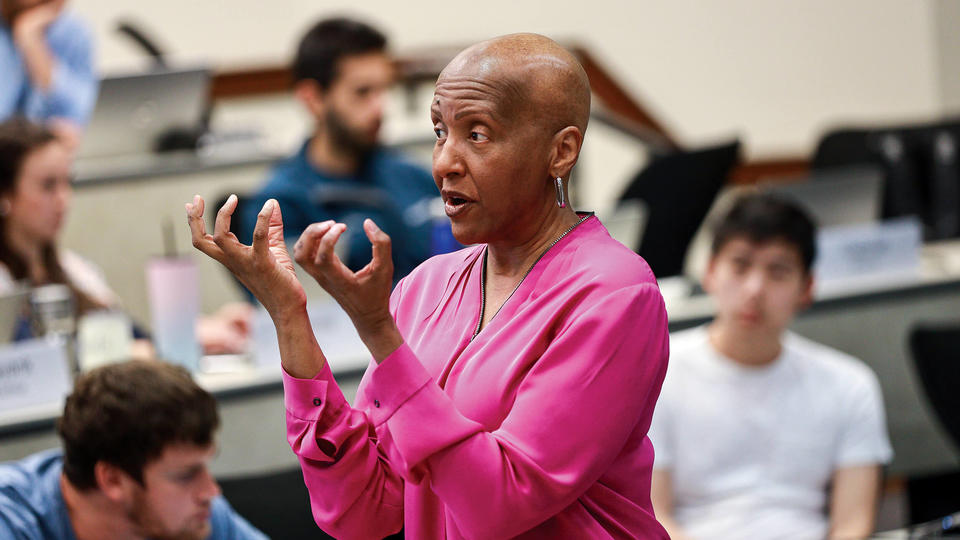
Professor Connie Porter is named senior associate dean of DEI.
Professor Connie Porter has been named senior associate dean of the school’s expanded Office of Belonging and Engagement. Dean Peter Rodriguez appointed her to the new position, which was created based on the recommendation of the Rice Business Task Force on Racial Equity and Social Justice. Porter joins Lina Bell, who serves as the executive director of DEI.
“I am honored to serve in this new role at a momentous time in the history of our school. The task force established by Dean (Peter) Rodriguez paved the way for the expansion of our DEI office,” Porter said.
“I look forward to engaging and partnering with students, staff, faculty, alumni and stakeholders in our greater community as we continue the work to be done to amplify DEI at Rice Business.”
The Rice Business Task Force on Racial Equity and Social Justice was established shortly after the May 2020 murder of George Floyd, an unarmed Black man, at the hands of white police officers in Minneapolis. In October, the task force presented the dean with 33 recommendations meant to improve the racial environment at Rice Business and at the university, including that a new position leading our Diversity, Equity and Inclusion efforts be created and that this leader report directly to the dean
“Adding to the DEI leadership team strengthens our ability to further these efforts in the school and broaden our engagement with the community,” said Rodriguez. “I look forward to working with Connie as she brings her deep insight and thoughtful approach to this new position as we commit to advancing the school’s goals of diversity, equity and inclusion with students, staff, faculty, alumni and beyond.”
Porter joined Rice in 2011 and has taught core marketing, marketing research and customer relationship management courses. Her research focuses on the value of fostering customer relationships in technology-enabled marketing environments, and she has published articles in premier academic journals in this area. For several years, she taught both MBAs and undergraduates at University of Notre Dame. She earned a B.S. in economics from the Wharton School at the University of Pennsylvania with dual concentrations in finance and public policy; an MBA from University of Michigan with dual emphases in operations and corporate strategy; and a Ph.D. from Georgia State University in marketing.
Prior to pursuing a career in academia, Porter spent several years as a management consultant with firms including Gemini Consulting (now CapGemini), Cambridge Management Consulting (now part of Atos) and Xerox. She also worked as an internal consultant with Georgia Pacific and as a commercial banker at National Westminster Bank USA (now part of Bank of America). She will reduce her teaching commitments to accommodate the new role but will continue to benefit the school and Rice Business students in the classroom.
The expanded Office of Belonging and Engagement will further open the important conversation on racial equity and social justice to the community to generate broader engagement. Rice President David Leebron has also outlined the university’s commitment to racial equity and social justice for the good of the institution and betterment of the nation. From advanced training for staff, students and faculty — beginning this spring — to faculty hiring, curriculum, student recruitment and newly defined positions, the university is focused on growth and change.
Keep Exploring
The Year of the Pivot
How Rice Business alums adapted to survive — and thrive — in a time of crisis.


How Rice Business alums adapted to survive — and thrive — in a time of crisis.
In early March, Aaron Knape ’08 was at a meeting in River Oaks discussing his tech startup sEATz — what he describes as “the Uber Eats for stadiums,” which lets fans order food from an app and have it delivered to them in their seat.
He was joined by executives from the venture capital firm Valedor Partners and his co-founders, including Craig Ceccanti ’08, to hash out the details of sEATz’s upcoming $3 million Series A capital raise. The company they had founded in 2018 was poised for rapid growth.
sEATz already counted the Rice Owls football team and the Houston Texans as clients. Because of Knape’s platform, their fans were no longer missing precious game minutes while waiting in long concession lines. The company had developed a close relationship with the food services company Aramark, and it had recently added the Houston Rodeo to its client roster. Knape was hiring additional team members and fine-tuning his platform to help stadium concessionaries more efficiently serve their customers.
“We were in the starting blocks, ready to grow and scale in 2020,” he says. “It was supposed to be our breakout year.”
Midway through the meeting, however, the news broke that the Houston Rodeo had been cancelled because of COVID-19. “The air left the room,” Knape says. It meant that sEATz had just lost one of its biggest accounts.
Later that day, the NBA suspended its season. The next day, the MLB cancelled spring training games and pushed back the start of the regular season. “That week was the roughest week we’ve had as a company,” Knape recalls. Somehow, he didn’t panic. “I said, let’s just see how this plays out.”
A few months later, sEATz raised nearly $2 million in capital — on top of a $1.425 million seed raise in 2019 — and landed an MLB team as a client.
Business owners and entrepreneurs around the world were forced to tweak their business models to stay afloat during the COVID-19 pandemic. Like Knape, those who proved adept in the art of improvising on the fly — who successfully executed a pandemic pivot — managed to not only maintain but expand their business during a difficult year, even while others succumbed to the economic upheaval.
“Plenty of businesses just hunkered down, and they missed opportunities,” says Lorie Clements ’11, principal of Springboard Solutions, which coaches business owners and their leadership teams — about 20 percent of whom are Rice alumni. “The ones that persevered realized that obstacles can make us stronger, and they said, ‘Let’s grab this moment.’ ”
It’s a lesson that applies to entrepreneurs even under ideal circumstances, says Yael Hochberg, the Ralph S. O’Connor Professor of Entrepreneurship at Rice Business and head of the Rice Entrepreneurship Initiative.
“That’s true in normal times, and not just in times of crisis,” she says. “The world isn’t static. As new products and services enter the market, as people’s preferences shift, entrepreneurs have to shift with them. A product or service that is relevant in one year may not be next year.”
Startup ventures, in particular, need to maintain flexibility to adapt, Hochberg says: Getting locked into a particular vision of a concept, or how you wanted something to work, isn’t going to get you far if your customers need something else.
New Features
As the pandemic unfolded, Knape realized that his business model, designed to cut down on lines and crowds at large events, was perfectly suited to the physical distancing measures health organizations were starting to recommend. And he knew that, eventually, sports teams would return to arenas — and so would fans.
“We saw that we’d been handed an opportunity to help venues plan their eventual return to live events,” he says.
So instead of pulling back, the company added features to its app, including express pick-up and web-enabled ordering. “A lot of our competitors put their business in idle cash conservation mode. But we didn’t take our foot off the pedal. We said now is the time to grow.”
In May, sEATz attempted a cash raise of $1 million to get it through the end of 2021. It was oversubscribed, and sEATz ended up raising $1.7 million, which allowed it to hire new staff, including a new chief technology officer.
Now back on the field, the Houston Texans are using sEATz, and the company has integrated its app into MLB Ballpark, major league baseball’s app. In December, the company won a contract with the New York Mets, its first East Coast client, for 2021.
It was that same growth mindset that helped Don Porr ’97, the owner of Diamond Fiberglass, an industrial fiberglass tank and vessel manufacturer, decide to add new products during the pandemic.
Porr went through a major setback in 2017 when a devastating fire shuttered his business. But by the second half of 2019, business was back and humming along. That’s when Porr linked up with Lorie Clements at Springboard Solutions. Together, they mapped out an ambitious growth strategy that included expanding his product portfolio to include the service of building large, on-site diameter tanks for clients.
When the pandemic hit, Porr thought about pumping the brakes, but ultimately decided to keep his momentum going. “We said we needed to forge ahead with all our plans,” Porr says, “and we did.”
The company’s manufacturing arm turned a prototype into a fully produced tank and invested $200,000 in upgrading the equipment needed to build the tanks. Sales held steady and revenues dropped by only 10%. The company’s industrial services arm, which requires workers to go on site, was harder hit, with revenues down some 40%. But no staff were laid off after careful expense cutting.
A Lift from Lilie
For both Knape and Porr, help from Rice Business was integral to both surviving and thriving. They benefitted from weekly Zoom meetings organized by the Liu Idea Lab for Innovation and Entrepreneurship (Lilie), where business owners and entrepreneurs convened to discuss cash conservation, PPP loans and strategies for keeping their businesses open. “We were really working together and supporting each other,” Porr says. Lilie also ran webinars on topics like mental health to help alumni adapt to change.
In March, Lilie moved quickly to help alumni startups secure grants and loans to stay afloat while they worked on their pivots, says Kyle Judah, Lilie’s executive director. sEATz ultimately received a PPP loan, and Knape credits Lilie with facilitating the application process. “The Rice network has done such great things for me,” he says.
For Darrell Morris ’18, the insights he gained from his finance classes at Rice Business helped him keep the burners lit at his cooking school, Well Done Cooking.
Morris and his wife bought the Houston-based business in 2018 and planned to grow the school from one location to 10 over five years. COVID-19 forced them to halt their in-person culinary classes, and at first the setback felt paralyzing.
Then, “after three days, we picked our jaws up off the floor and put pen to pad and took massive action steps,” says Morris. “We said, we need to play offense on this and innovate and adapt to this new normal.”
They quickly shifted classes online, and to differentiate the company in the crowded space of online courses, decided to deliver cooking kits to customers to better simulate in-person classes. That decision didn’t come without its growing pains, however. Early on in the pandemic, when they shipped dozens of ingredient kits across Texas and Massachusetts for a corporate cooking class, the ice packs melted in transit and the meat arrived warm.
“We took a hit on that,” Morris says, “but luckily the client was gracious enough to give us another chance, and we learned how to pack things correctly.” What’s more, the consulting firm client provided a three-page document filled with feedback that Morris and his wife were able to incorporate into their processes.
In May, the cooking school opened to 50% capacity, and in December, it saw a significant rush, with high demand for holiday baking classes. Morris hired new staff and the company broke even. He’s planning to pick up with the company’s expansion in 2021.
Ingredients for Success
Businesses that excelled during the pandemic have a few factors in common, according to Clements.
Companies that did well were able to move quickly from a fear-based mindset to one of growth and action. They crafted a new vision, made plans, tested solutions and experimented. And they didn’t shy away from communicating with employees.
“This has really been a test of how resilient businesses and their culture were, and how aligned the leadership team was,” she says. “I was seeing a lot of true colors come out.”
Successful companies pursued “nice-to-have” projects, like creating unique onboarding and training videos and redesigning processes to be more efficient. They also hired new talent while competitors laid off staff. “They asked themselves, how can we do more for clients when everyone else is doing less? They took a leap of faith,” Clements says.
That was especially true for Emily Baker ’16, the director of finance and operations at the Houston Botanic Garden. COVID-19 could have foiled the garden’s plan to open its doors to the public in the fall of 2020. But Baker, who joined the nonprofit at the beginning of 2020, made sure planning and construction stayed on track in the spring and into summer so the 132-acre park could open in mid-September.
“We decided to open, and open on time, because the garden is mostly outside, and people were craving places to go outdoors,” she says.
Baker and her colleagues had to make do with an operating budget cut from $2.7 million to $1.9 million and work around construction delays. The team made peace with the fact that the in-person educational programming they had long planned for would largely have to be postponed. An in-person lecture series planned for the opening was delivered to visitors instead through videos on the garden’s website.
Yet the park was able to expand its staff, adding 15 employees since July. Baker says the pre-pandemic installation of new HR software and other automation for the garden’s finance and communications functions made interviewing, hiring and switching to remote work for some employees much easier.
The park exceeded its first-quarter operating goals for admissions and memberships, with earned revenue of $390,000 in the last quarter of 2020. It now has over 2,000 members, half of whom joined after visiting.
“We take that as a huge stamp of approval,” Baker says. “The garden has proved to be a place where people want to be.”
Successes like the Houston Botanic Garden’s may be a rarity during the pandemic, but that doesn’t mean it’s too late for other companies and nonprofits to pivot. There’s really no wrong time to reinvent yourself, says Clements. She suggests looking at how the landscape has changed and creating a new business plan.
“My advice is to think big,” she says. “Set a long-term target. Plan where you want to be in three years and work backwards from there. And don’t let the uncertainty of today’s times put your plans on hold.”
Deborah Lynn Blumberg is a Houston-based freelance writer specializing in health and wellness and business and finance.
You May Also Like
Keep Exploring
Kelley Tops Princeton Review 2021 Online MBA Ranking
Princeton Review's 2021 ranking of the 50 top online MBA programs places the MBA@Rice at number 6.

Choosing Mindfulness Over Milestones feat. Ritesh Sheth ’04
Season 1, Episode 19
Ritesh Sheth ’04 joins host Christine Dobbyn to discuss his journey from management consulting to product management and financial analyst, and finally to becoming a yoga teacher and focusing on serving others.
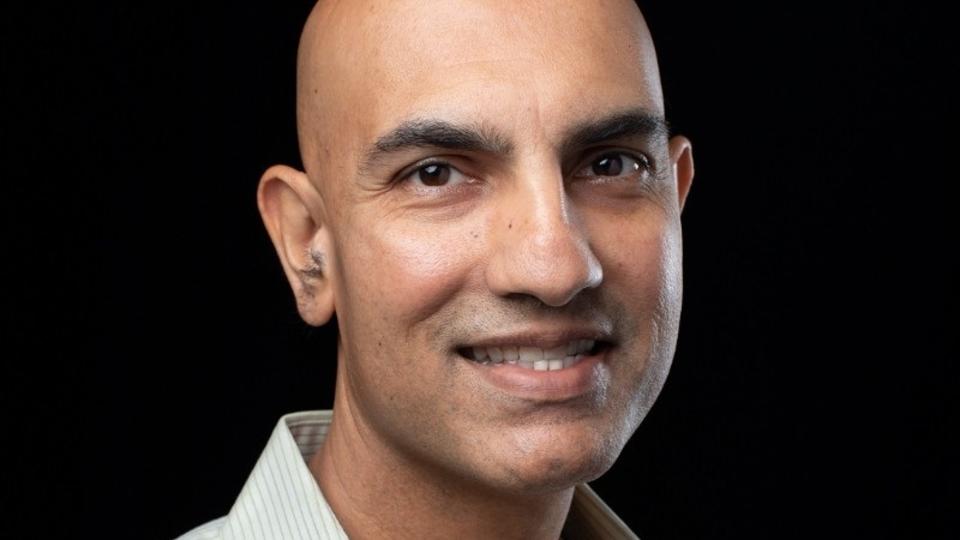
Owl Have You Know
Season 1, Episode 19
Ritesh Sheth ’04 joins host Christine Dobbyn to discuss his journey from management consulting to product management and financial analyst, and finally to becoming a yoga teacher and focusing on serving others.
Subscribe to Owl Have You Know on Apple Podcasts, Spotify, Youtube or wherever you find your favorite podcasts.
You May Also Like
Rice University awards more than $1.6 million in startup competition
A team that enables gas stations to update prices and track sales remotely won the top prize at the annual competition.

Over $1.4M in prizes awarded at Rice University's student startup competition
In its 21st year, the Rice Business Plan Competition hosted 54 student-founded startups from all over the world and doled out over $1.4 million in cash and investment prizes at the week-long virtual competition.
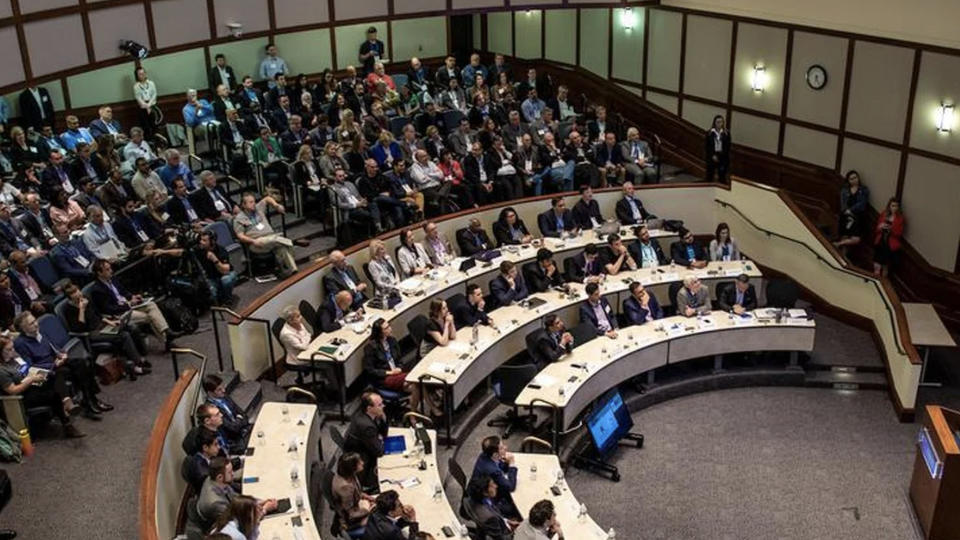
Smartphone app for convenience store owners wins 2021 Rice Business Plan Competition
- Read more about Smartphone app for convenience store owners wins 2021 Rice Business Plan Competition
An application that allows convenience store owners to remotely manage and monitor their businesses from their smartphones took home the grand prize during the 2021 Rice Business Plan Competition (RBPC).
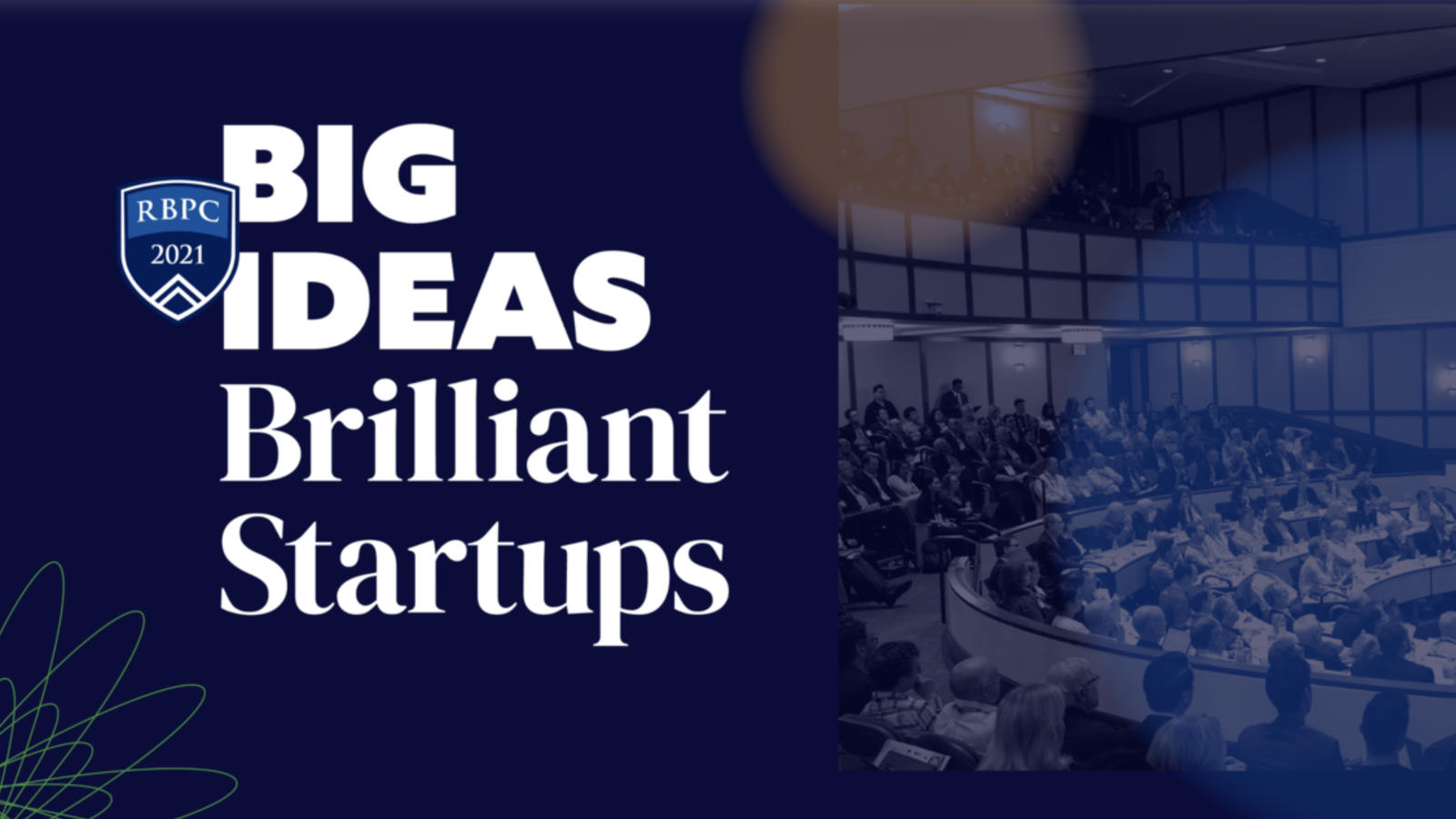
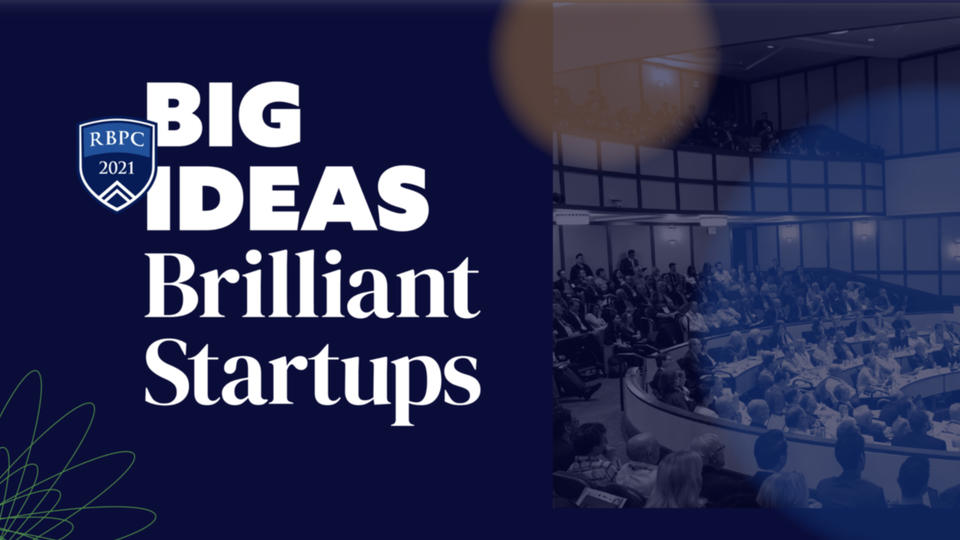
An application that allows convenience store owners to remotely manage and monitor their businesses from their smartphones took home the grand prize during the 2021 Rice Business Plan Competition (RBPC).
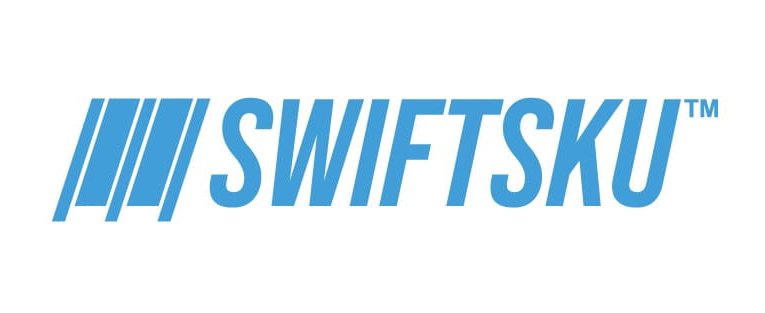
SwiftSku from Auburn University was selected by the judges as the startup with the highest investment potential and is taking home $432,667 in cash and other prizes.
The annual event hosted by the Rice Alliance for Technology and Entrepreneurship and Rice’s Jones Graduate School of Business is the world’s largest and richest student startup competition. This year’s event attracted the highest number of participants ever, with 54 startups vying for over $1.6 million in prizes. The winners were announced virtually this afternoon at the conclusion of the four-day event.
A competitive, high-quality applicant pool led the Rice Alliance to expand this year’s RBPC, offering more student entrepreneurs the opportunity to compete for prizes and receive the quality mentorship, feedback and real-world experience the competition boasts.
Significant prizes this year and the teams that won them include:
- $350,000 GOOSE Capital Investment Grand Prize — SwiftSku, Auburn University
- $100,000 Jon Finger and Finger Interests, David Anderson and the Anderson Family Fund, Greg Novak and Tracy Druce Second-Place Investment Prize — AgZen, Massachusetts Institute of Technology (MIT)
- $50,000 Jon Finger and Finger Interests, David Anderson and the Anderson Family Fund, Greg Novak and Tracy Druce Third-Place Investment Prize — FibreCoat, RWTH Aachen University
- $300,000 The OWLs Investment Prize — AgZen, MIT
- $100,000 Houston Angel Network Investment Prize — AgZen, MIT
- $100,000 TiE Houston Angel Group Investment Prize — FibreCoat, RWTH Aachen University
- $100,000 Artemis Fund Investment Prize — Kit Switch, Stanford University
- $100,000 TMC Innovation Healthcare Investment Prize — ArchGuard, Duke University
- $50,000 Business Angel Minority Association Investment Prize — SwiftSku, Auburn University
- $25,000 Southwest National Pediatric Device Prizes — Blue Comet Medical Solutions, Northwestern University; Neurava, Purdue University
- $50,000 nCourage Investment Group’s Courageous Women Entrepreneurs Investment Prize — Shelly Xu Design (SXD), Harvard University
- $25,000 Urban Capital Network Investment Prize — OYA FEMTECH Apparel, UCLA
- $25,000 Pearland Economic Development Corporation Spirit of Entrepreneurship Prize — SimpL, University of Pittsburgh
- $25,000 RG Advisory Partners’ CFO Consulting Prize — SwiftSku, Auburn University
- $20,000 Johnson & Johnson Innovation | JLABS Life Science Award — LFAnt Medical, McGill University
- $20,000 OFW Law FDA Regulatory Strategy In-Kind Prize — Paldara, Oklahoma State University
- $20,000 Silver Fox Advisors Mentoring In-Kind Prizes — Ai-Ris, Texas A&M University; bruxAway, University of Texas at Austin; Karkinex, Rice University
- $20,000 Baker Botts Legal Service In-Kind Prizes — AgZen, MIT; FibreCoat, RWTH Aachen University; SwiftSku, Auburn University
- $30,000 Polsinelli Energy Tech Innovation In-Kind Award — AgZen, MIT
- $5,000 Eagle Investors Prize — OYA FEMTECH Apparel, UCLA
- $3,500 in total prizes for the Mercury Fund Elevator Pitch Competition — Anthro Energy , Stanford University; AgZen, MIT; Blue Comet Medical Solutions, Northwestern University; EasyFlo, University of New Mexico; SwiftSku, Auburn University; FibreCoat, RWTH Aachen University
- $3,000 in total prizes for Anbarci Family People’s Choice Awards — AgZen, MIT; OYA FEMTECH Apparel, UCLA; SwiftSku, Auburn University
- $3,000 Palo Alto Software Outstanding LivePitch Prize — LiRA, University of North Carolina at Chapel Hill
The seven finalists for the grand prize based on the judges’ overall scores were:
SwiftSku, Auburn University — Grand prize and individual prizes worth a total of $432,667.
The grand prize includes:
- $350,000 Investment Prize from Goose Capital.
- Business plan software provided by Palo Alto Software.
- Opportunity to ring the closing bell at the Nasdaq Stock Market in New York.
- $25,000 in-kind CFO Consulting from RG Advisory Partners.
- In-kind legal services from Baker Botts
AgZen, MIT — second place and a total of $538,667 in prizes.
AgZen’s field-tested and patented spray and formulation technology reduces pesticide usage by 50% while maintaining optimal pest control.
FibreCoat, RWTH Aachen University — third place and $157,166 in total prizes.
FibreCoat developed a fiber coating process to economically produce composite fiber; the first product is a basalt fiber with aluminum coating that performs like full aluminum fibers.
Candelytics, Harvard University — fourth place and more than $5,000 in total prizes, including the $5,000 Norton Rose Fulbright Fourth-Place Cash Prize.
Candelytics is a lidar and 3D analytics startup that aims to pioneer the digital infrastructure that will make complex 3D data accessible, intelligent and impactful.
OYA FEMTECH Apparel, UCLA — fifth place and more than $36,000 in total prizes, including the $5,000 EY Fifth-Place Cash Prize.
OYA FEMTECH Apparel is revolutionizing sportswear leggings with fabrics, designs and innovations that support feminine health.
LFAnt Medical, McGill University — sixth place and more than $25,000 in total prizes, including the $5,000 Chevron Technology Ventures Sixth-Place Cash Prize.
LFAnt Medical is a Canadian biotechnology startup dedicated to revolutionizing point-of-care diagnostics for at-home detection of sexually transmitted infections.
SimpL, University of Pittsburgh — seventh place and more than $30,000 in total prizes, including the $5,000 Shell Ventures Seventh-Place Cash Prize.
SimpL is a digital health company that uses computer vision and artificial intelligence to improve outcomes for people with back pain by recommending home exercise programs based on user-specific biomechanics and pain points.
Additionally, Anthro Energy, Stanford University, won the elevator pitch competition and a $1,000 cash prize from Mercury Fund. The top five elevator pitches in each sector were awarded cash prizes.
All competitors also receive:
- Entrepreneur Futures Network (EFN) mentoring
- EFN mentors offered pre-competition mentoring and advice to each of the teams invited to participate at the 2021 RBPC. They provided advice in areas such as refining a business plan, refining financial models and improving presentation skills.
- Amazon Web Services
- Amazon Web Services will provide up to $5,000 in service credits for each of the 54 startup teams for 2 years.
For more information about the RBPC, visit www.rbpc.rice.edu.
You May Also Like

Rice University’s Jesse H. Jones Graduate School of Business today announced the launch of its Graduate Certificate in Healthcare Management program, a 10-month, credit-bearing professional credential designed for current and aspiring leaders seeking deep expertise in the business of healthcare.
Don’t Be A Firefighter—Be A Strategy Leader
Why do so many companies come up short in their strategy planning? Because CEOs end up playing the role of firefighter, implementer or counselor. Co-written by Vikas Mittal, J. Hugh Liedtke Professor of Marketing at Rice Business.
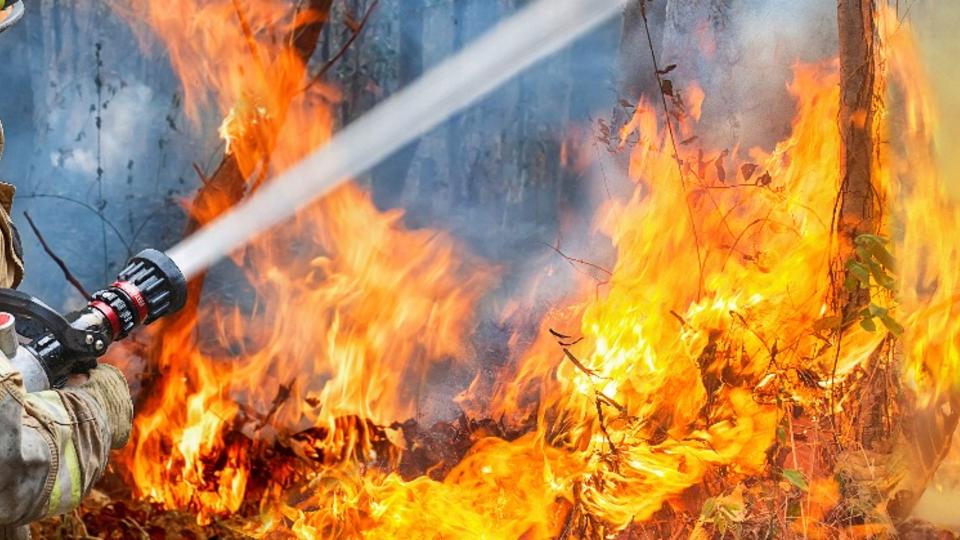
Table Manners
How Can Institutions Cut Waste At Mealtimes?


Based on research by Eleanor Putnam-Farr
How Can Institutions Cut Waste At Mealtimes?
- Institutions such as cafeterias grapple with wasted food – regardless of whether the food is pasta, meat, veggies, or anything else.
- The people least likely to waste cafeteria food are those who frequent a cafeteria more often, and feel confident that they will enjoy their meals.
- Pre-portioned food is aimed at reducing portion size, but may force people to take more than they want of certain items.
Remember pre-COVID dining halls? They were where students convened with friends and caught up on the day’s events until they were eventually kicked out. Often, the food itself was an afterthought. At some time or another, most of the students were guilty of scraping uneaten food into the trash.
Food waste at home and in a store or restaurant setting has been studied closely – and rightly so. As much as 40 percent of the food in the United States is wasted. At a time when more than 10 percent of Americans are food-insecure, reducing food waste by just 15 percent annually could nourish as many as 25 million people.
But food waste in institutional settings is less well understood. The dynamics are different from those in places where wasted food means a personal financial hit. It’s a complicated process; while no one takes cafeteria food with the intention of scraping it into the trash, they still do it. The question is why.
To explore such waste and how to prevent it, Rice Business Professor Eleanor Putnam-Farr joined a team of researchers – including Tiffany Wiriyaphanich, Jean-Xavir Guinard and Edward S. Sprang of the University of California, Davis, Ghislaine Amsler Challamel of Stanford University, Robert T. Valgenti of Lebanon Valley College, Danielle Sinclair of the University of California, Santa Barbara and Samantha Lubow of the University of California – in a study of half a dozen different schools organized in partnership with the Menus of Change University Research Collaborative. In university cafeterias, they found, food waste is typically driven by portion size, how familiar diners are with their menu options and, less surprisingly, how much they like or don’t like what they’re served.
Altogether, the team studied diners across five California universities and one Pennsylvania college, capturing 818 responses from 296 subjects. The research, which took place during the 2019 spring and fall semesters, scrutinized not only cafeteria food options but subjective issues including diner confidence. In addition, the researchers asked diners their impressions directly. “Diners were intercepted at their dining halls and asked if they wanted to participate in a study about food choices and satisfaction,” the researchers write. “But the objective of investigating food waste behavior was not disclosed.”
The team collected food waste information using photos – a novel approach that took advantage of the omnipresence of camera phones and improvements in mobile surveys. Students were instructed to take before and after photos of their cafeteria meal plates, all of which measured between 9 to 10 inches. They were also asked to answer questions about how they chose the items on their plates, and then rate their satisfaction with the food and tell why they had chosen not to eat certain items. These photos were then coded with the help of a research support team from Rice Business.
To see the types of food most likely to be snapped up or spurned, researchers divided diners’ food options under investigation into five categories: prepared/mixed including sandwiches, animal protein, grains and starches, fruits and veggies and plant protein such as tofu, meat substitutes or legumes.
These categories, they found, had little bearing on the amount of wasted food: tofu, sandwiches and canned peaches all had their fans and detractors. Instead, the main factors in wasting or not wasting were confidence in a dish and individual perceptions of taste value. The least wasteful diners were those who were more satisfied with their meals, most confident that they would enjoy the meal ahead of them and dined in an institutional environment more often, compared to their peers.
In contrast, those who wasted the most went to the cafeteria less often, were less satisfied with the meals they ate there and were less confident they would enjoy the food once they sat down to eat.
Another factor with a major impact: who was serving the food. Having more foods that were pre-plated – think sandwiches or stir-fry ladled out by a cafeteria worker – typically correlated with greater amounts of foods on diners’ plates and more waste. One potential issue with this is that people aren’t sure that they will like the dish, but are forced to take a full serving. This causes them to potentially overserve a dish that they don’t like, while simultaneously taking other items to balance out their meal.
Based on these findings, Putnam-Farr and her team concluded that one of the simplest ways universities can reduce waste is by offering samples of new dishes. Letting people taste something before taking a full serving gives them greater confidence in whether they will like the dish. They also suggest separating out the components of a dish into separate servings, noting that people often left behind the rice that accompanied a main dish, or some of the fruits in a fruit salad.
A further suggestion is considering tweaking portion size while upping taste value, smell and appearance. Granted, cafeteria managers will never be able to control individual taste buds: like with home-cooking, a cafeteria specialty that tastes and smells scrumptious to one person might make her tablemate push her meal listlessly around with a fork. In life and business, we must focus on what we can control. In the cafeteria, even a small serving of good management can go far.
Eleanor Putnam-Farr is an assistant professor of marketing at the Jones Graduate School of Business at Rice University.
To learn more please see: Wiriyaphanich, T.; Guinard, J.X.; Spang, E.; Amsler Challamel, G.; Valgenti, R.T.; Sinclair, D.; Lubow, S.; Putnam-Farr, E. Food Choice and Waste in University Dining Commons—A Menus of Change University Research Collaborative Study. Foods 2021, 10, 577.
Never Miss A Story
You May Also Like
Keep Exploring
These 28 B-Schools Are On BCG’s Target List For MBA Recruits
For its pre-MBA internship program, the Boston Consulting Group (BCG) is recruiting from only 28 MBA programs, including Rice Business.



